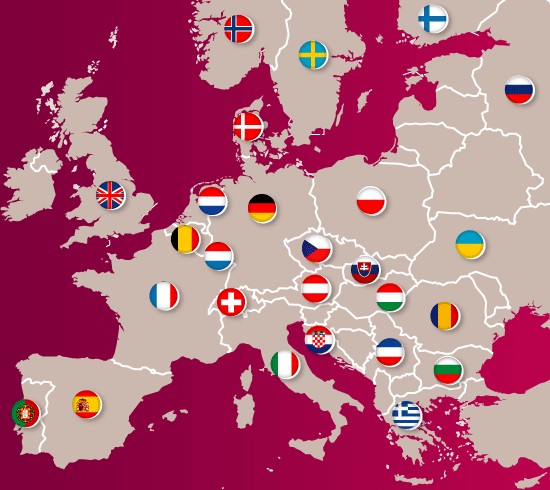Other document
20/01/01An “Avant-garde” driving the European unification process forward
International Bertelsmann Forum 2001, “Europe without borders”, Berlin, January 19-20, 2001.

Speech by Jacques Delors at the Bertelsmann International Forum 2001, ‘Europe without borders’, Berlin, 19-20 January 2001
Before exploring the future, it is worth taking a balanced view of the state of the Union. Three observations stand out:
- The decision-making and action mechanisms are certainly still functioning, but with increasingly unsatisfactory levels of efficiency, transparency and democratic accountability. The decisions taken at the Nice European Council do not seem to me to be capable of remedying this worrying trend.
- The beginnings of a ‘Europe of Defence’ are promising. Admittedly, the priority for the moment is to focus on creating a rapid reaction force that will enable Europeans, with or without American participation, to carry out humanitarian missions and actions aimed at maintaining or restoring peace. But not all the problems have been resolved, particularly with NATO. European countries will have to accept all the consequences of their choice, including the budgetary ones. They have managed to avoid ideological or dogmatic preconditions. We await the next steps.
- While the Nice conclusions are disappointing in terms of the relevance of the common institutions, they nevertheless pave the way for major enlargement. From this point of view, the satisfaction of the candidate countries, which I share, is understandable.
On this basis, and bearing in mind the 2004 deadline set by the Member States for reviewing the institutional framework, three preliminary questions could usefully feed into the debate over the next three years.
- What goals can reasonably be set for Greater Europe (a Europe of 28, then, with the Balkan countries and other Western applicants, of 33 or 35 members)?
- What approach should be taken to ensure the success of Europe: what institutions, or even what constitution, and what place for the Charter of Fundamental Rights?
- How can enlargement and deepening be reconciled, a classic but unavoidable question? What is the point of a vanguard or enhanced cooperation?




